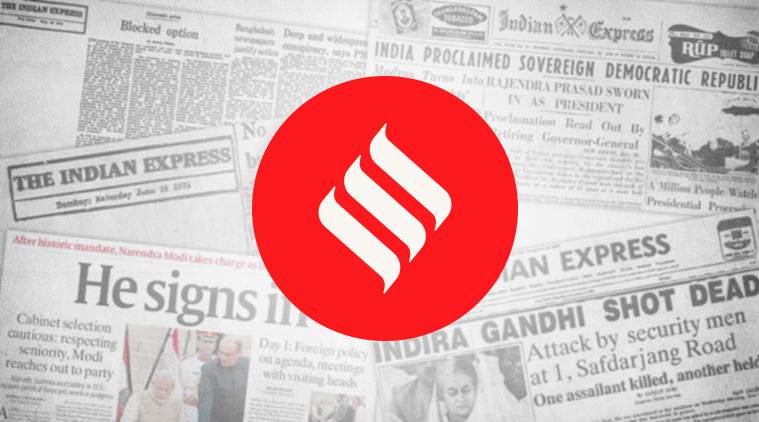By Editorial |Updated: March 6, 2019 1:41:16 am
Trump’s barrier
US move against India’s exports is in line with its new trade policy. It should not mean that India closes its own doors.

Late on Monday, the US Trade Representative’s Office announced that it plans to terminate India’s and Turkey’s designations as beneficiary developing countries under the Generalised System of Preferences (GSP) which allows for zero duty imports of products into that country. It says that the two countries have not been complying with the eligibility criteria. According to the US Trade Representative, the proposal to withdraw duty or tariff benefits on exports valued at $5.6 billion on over 1,700 products from India, including the engineering, textiles, gems and jewellery sectors on the directive of US President Donald Trump is because of India’s failure to provide the US with assurances that it will provide equitable and reasonable access to its markets in several sectors. It is an outcome of a review of the programme which was undertaken in April, 2018 following charges by the US Trade Office that India had created a wide array of trade barriers. India’s commerce ministry officials have been quick to downplay the impact saying that the GSP benefits, at close to $190 million, were relatively limited.
The latest move by the US is in line with the trade policy that is being pursued by the Trump administration. It features an aggressive enforcement of its trade laws with an eye on boosting the country’s economy, which could lead to the creation of more jobs and higher wages to workers there. That aggression is on display in trade talks with countries ranging from China and Japan, to the UK and EU. But it is the timing of the move that will test India’s leverage with the Trump administration. For, it comes at a time when the US is reckoned to be involved in de-escalating the conflict between India and Pakistan. In the backdrop, also, are the concerns flagged off on the new e-commerce rules which could impact global retail heavyweights such as Amazon and Walmart. Importantly, it is a growing sign that multilateralism may be dead and that given the disenchantments relating to globalisation and a slowdown in many countries, there will increasingly be pressures to erect barriers to markets in the West.
That should not mean that India should keep its doors closed. It is amply evident that after India opened up in 1991 on the trade front, there have been significant gains thanks to global trade, especially in services, and which fuelled double digit growth in exports during the high growth years between 2004-05 to 2012-13, leading to creation of more jobs too. Bi-lateral negotiations may show the way forward. Meanwhile, it is best to keep the focus on creating the enabling conditions, including infrastructure and cheaper credit, for exports which have been sputtering over the last four years.









.png)




























No hay comentarios:
Publicar un comentario